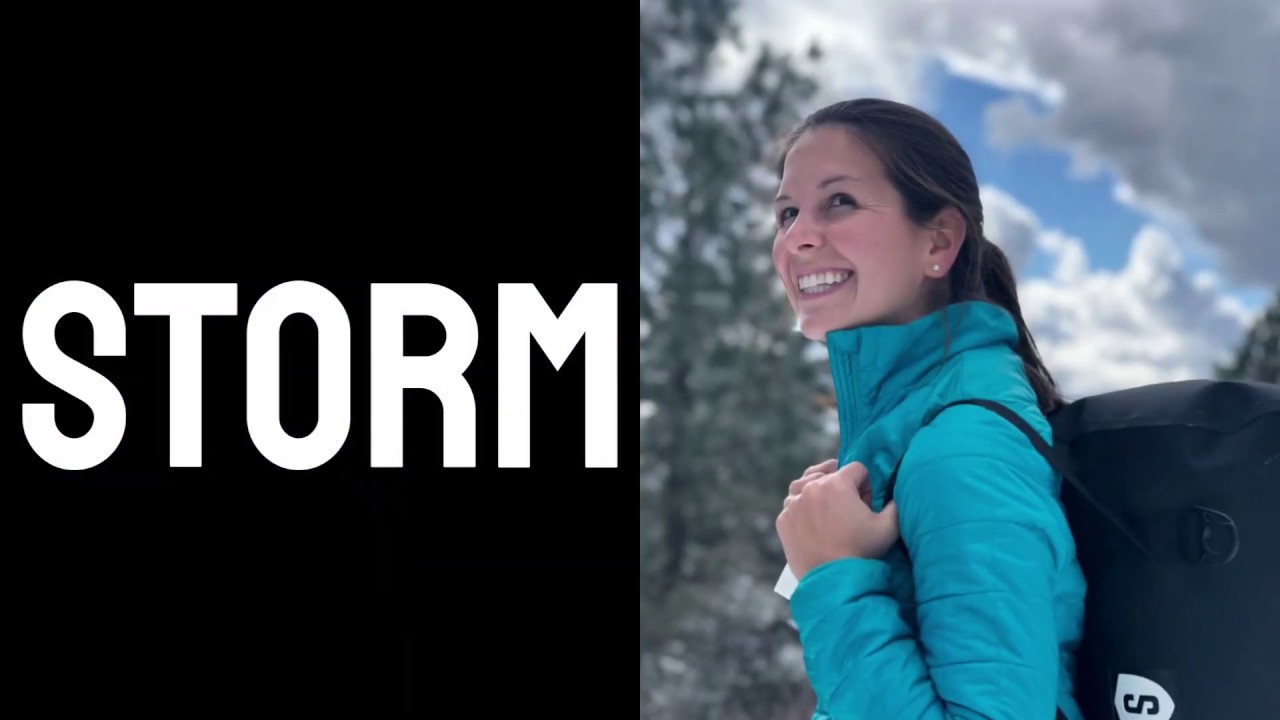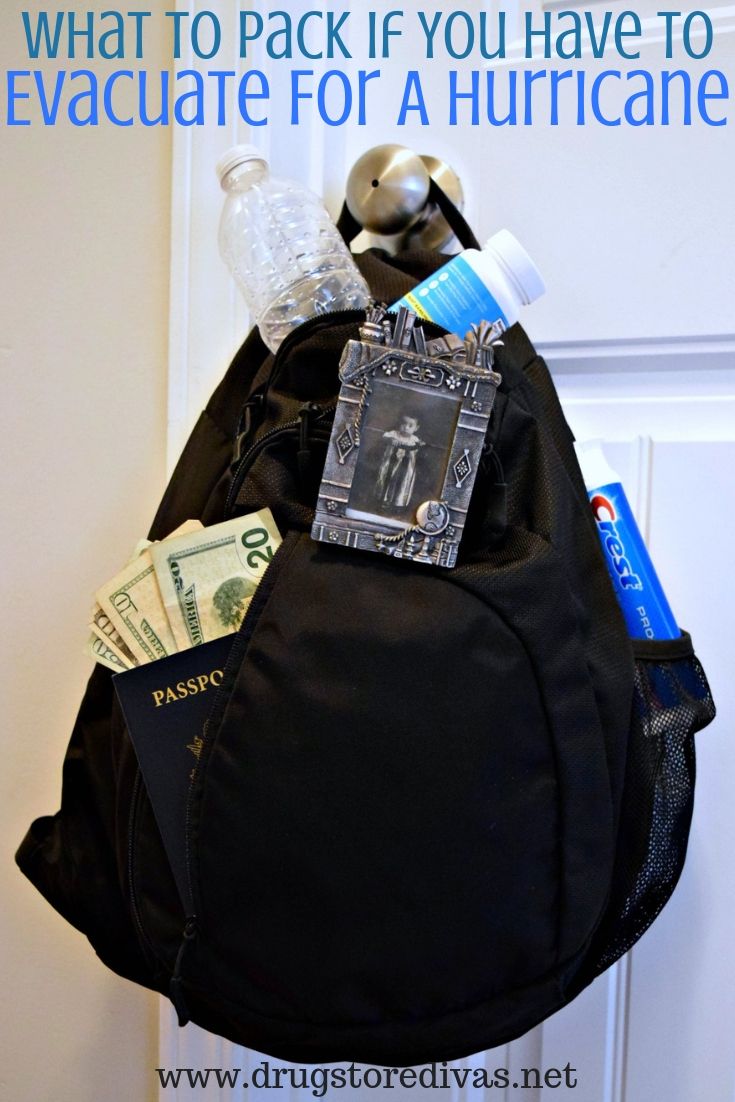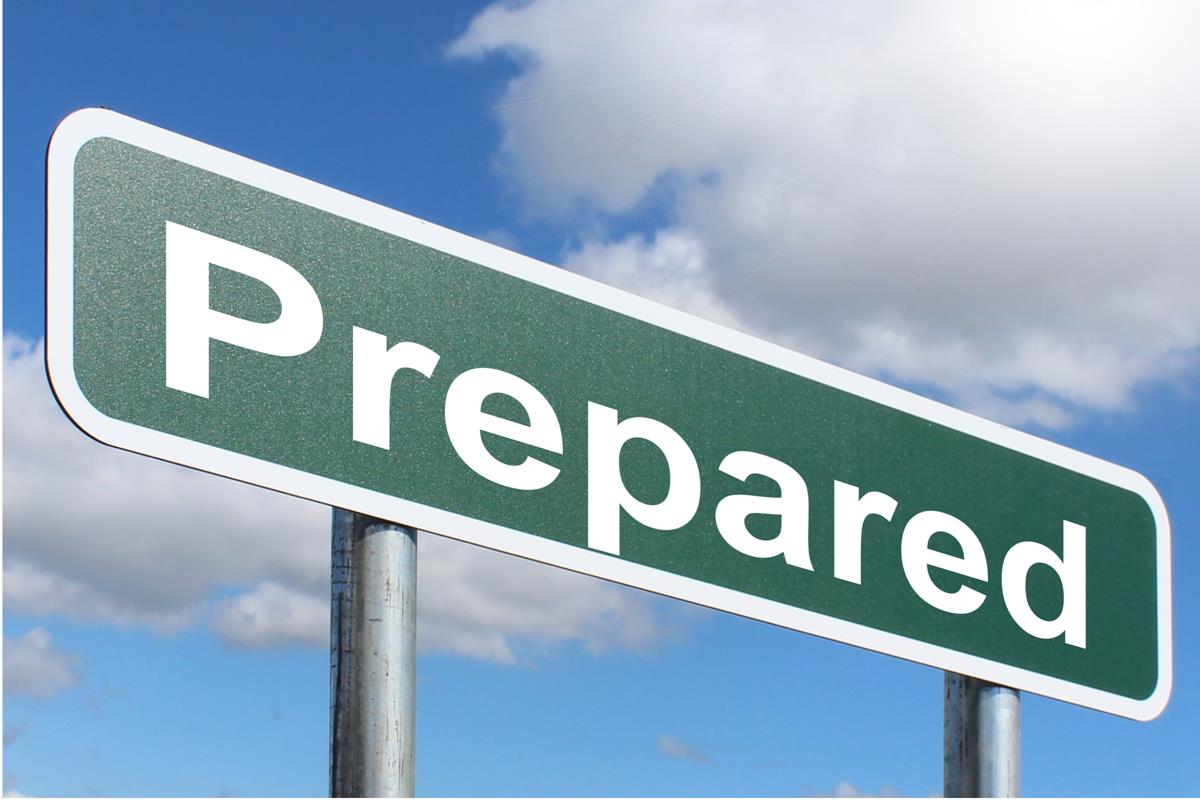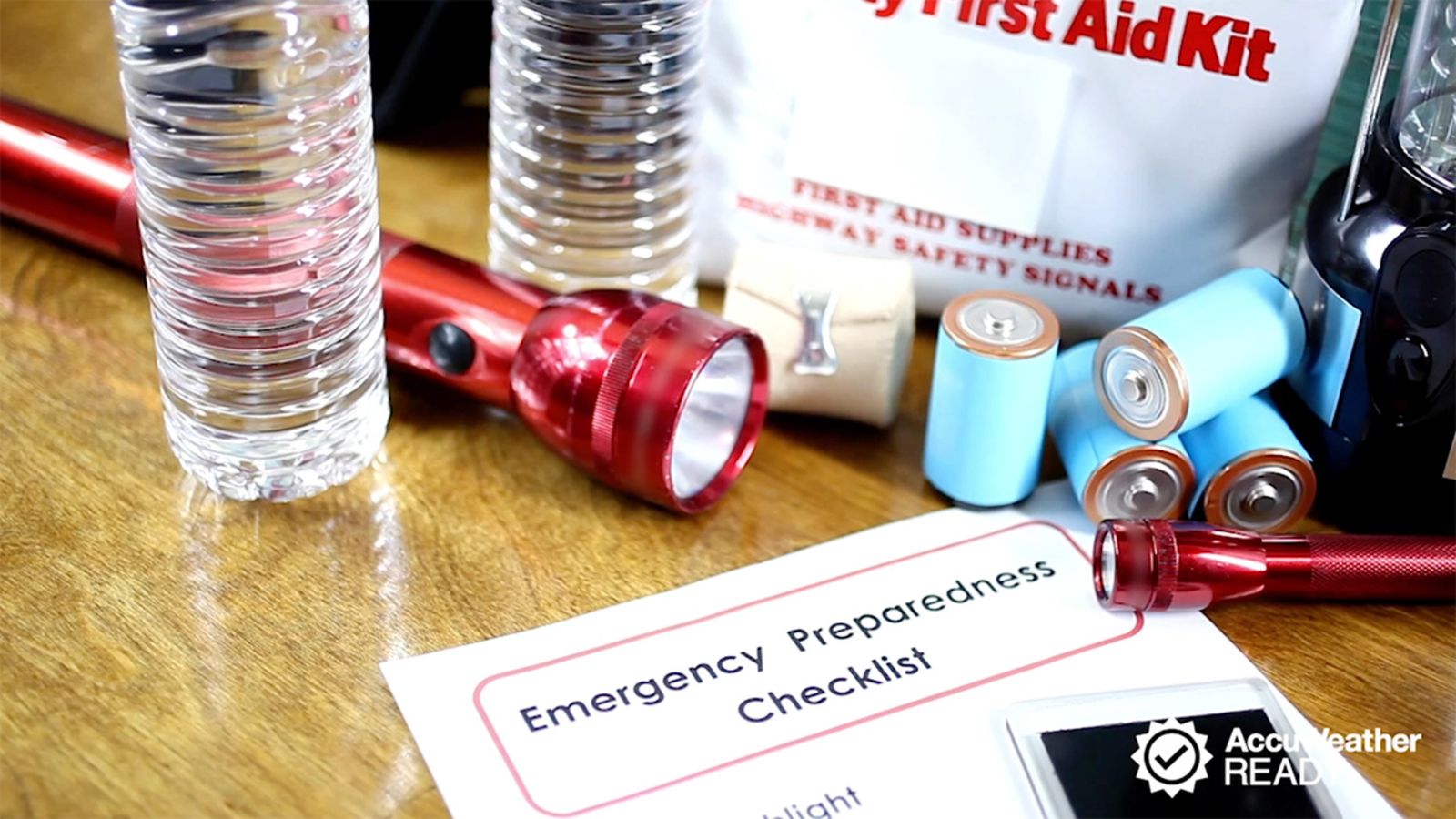Food and Water:

- Stock up on non-perishable food that doesn’t require cooking, such as canned goods, dried fruits, nuts, granola, cereal, and crackers.
- Buy at least one gallon of water per person per day for at least three days.
- Consider purchasing a water filter in case the water supply becomes contaminated.
Medical Supplies:

- Gather a first-aid kit with bandages, antiseptic wipes, pain relievers, and any prescription medications you take.
- Be sure to have extra supplies for longer storms.
Light Sources:

- Find sources of light, such as flashlights, lanterns, and candles, along with ample batteries.
- Get a battery-powered radio for news and updates.
Batteries and Chargers:
-Stock up on batteries of various sizes for flashlights, radios, and other electronics.
- Conserve battery power by turning off devices when not in use.
Emergency Shelter:
- If you anticipate a loss of electricity, consider buying a portable generator and fuel.
- Securely fasten items around your home to prevent them from becoming projectiles in high winds.
Entertainment and Activities:
- Gather books, puzzles, games, and activities to keep yourself and your family occupied during the storm.
- Download audiobooks, podcasts, or e-books in case of a power outage.
Clothing and Bedding:
- Pack warm clothes, blankets, and sleeping bags in case you lose power.
- Bring raincoats and umbrellas for wet weather and waterproof boots for flooding.
Communication Tools:
- Keep mobile phones fully charged and have car chargers handy.
- Consider registering with a local emergency notification system for updates and alerts.
House Security:
- Bring storm shutters, sandbags, duct tape, and plastic sheeting to reinforce doors and windows.
- Reinforce your home’s exterior, including gutters and downspouts, to prevent damage from high winds.










